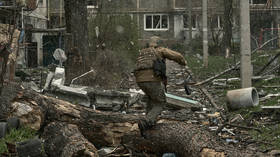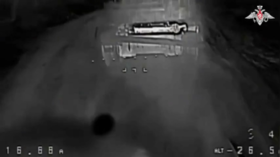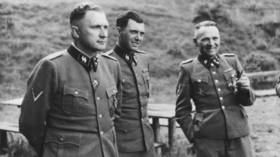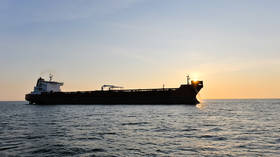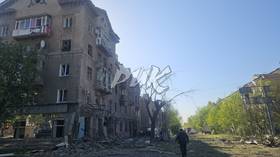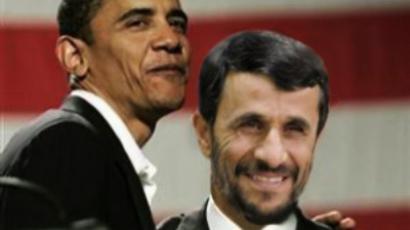Consequences of attack on Iran would be unpredictable – Mid-East expert
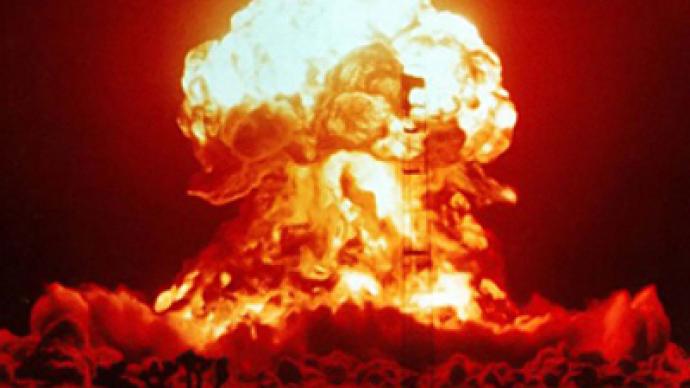
An attempt to solve Iran’s nuclear issue by an attack on its facilities would lead to "horrible and unpredictable consequences," former Russian Prime Minister Yevgeny Primakov has said.
That would only further radicalize the Islamic Republic and even if it does postpone the development of nuclear weapon by Iran, that would not be for longer than two years, he said.
"In that situation, Iran could consider it absolutely vital to have nuclear weapons," Primakov is quoted as saying by Ria Novosti agency.
Yevgeny Primakov served as Russia’s Foreign Minister, Prime Minister, the last Speaker of the Union for the Supreme Soviet of the Soviet Union, and chief of intelligence service. The 80-year-old is an academician and a member of the Presidium of the Russian Academy of Sciences.
He was speaking at an international Middle East conference, taking place December 20-22 in Jordan.
According to the expert observer, Iran has become a regional power.
"We owe this to the Americans," Primakov told the international forum. "When they launched their operation in Iraq, they destroyed the balance of forces that had existed for years. Iran has attained the level of a Middle East power that must be reckoned with."
Earlier, Tehran warned that any military action against its nuclear facilities would be considered the beginning of a war. Also, Iran said that, if attacked, it would launch missiles against Israel and close the Strait of Hormuz – a strategically important waterway for oil tankers leaving the Persian Gulf.
Tehran has repeatedly denied Western allegations and insisted that its nuclear program is purely peaceful and is not aimed at developing nuclear weapons.
Primakov noted that so far Russia has not received any information confirming that Tehran has made a decision to start developing nukes.
While speaking at the conference, the Middle East commentator also said that the Iraq situation is a “stalemate”. Primakov believes that it is unlikely that planned US troop withdrawal will bring stability to the republic.
“It is hard to expect that Iraq will recover soon and become the state it used to be – secular, united and counter-balancing Iran,” he said.
Speaking about the Israeli-Palestinian peace process, Primakov said that "The most probable scenario in the event of a lack of progress toward settling the Middle East conflict is a toughening of the Palestinian position, fueled by an attempt to isolate Hamas."
If the peace process is frozen, a new wave of violence may be provoked in the region. Primakov added that Israel's large-scale retaliation measures would further discourage the peace process.
Primakov said the deadlock can be overcome if Israel freezes the construction of settlements in the occupied Palestinian territories and Washington outlines its position on refusing to put the current situation in the Middle East on hold.
The quartet of the UN, the EU, Russia and the US should intensify their efforts and work on a compromise framework plan which would become the basis for Israeli-Palestinian talks, the elder statesman believes.
The peace settlement plan should set out the principles for solving the problem of Palestinian refugees based on their right to return to their homeland within the framework of agreed quotas and the payment of compensation and should also seal the status of Jerusalem as the capital of both states, Palestine and Israel, Primakov said, according to RIA Novosti.
The event entitled “Middle East 2020: Is a Comprehensive Settlement Possible?” was organized by RIA Novosti agency and the Russian Council for Foreign and Defense Policy within the framework of the Valdai International Discussion Club.





